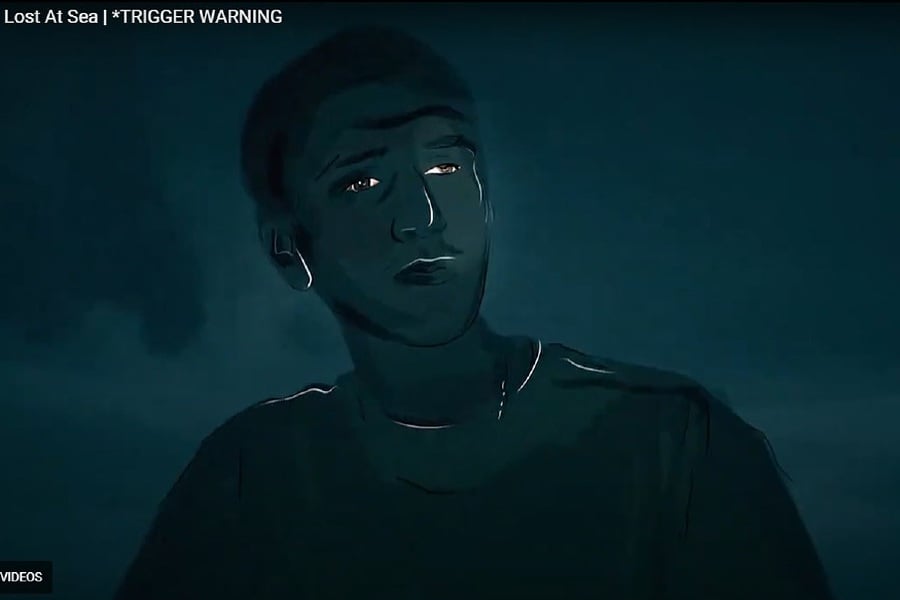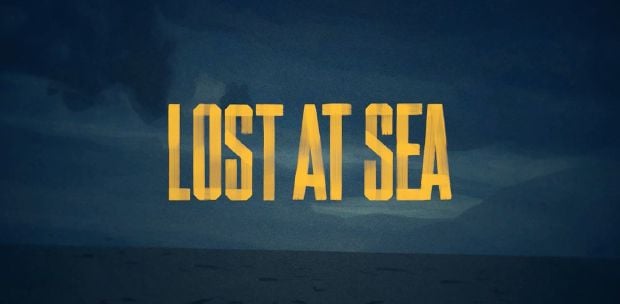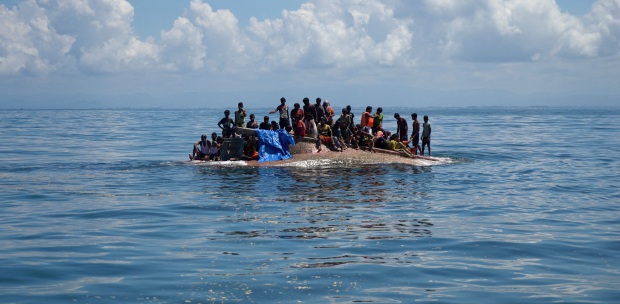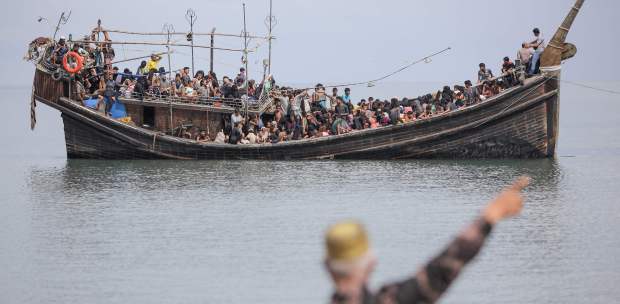KUALA LUMPUR: Muhib, a Rohingya man, was stranded for more than two weeks on board a fishing boat in the Andaman Sea where he witnessed 27 people die enroute to Malaysia.
Muhib and the other passengers were forced to toss their remains into the water because no rescue arrived.
"I feared for my life in Myanmar and was compelled to seek refuge in another country.
"The uncertainty and at times of hostility of a new land is preferable to perishing in a place where I was never treated as a human being since birth. Rohingyas are desperate for safety and security. We have nowhere to go.
"Taking a boat is like jumping in the sea without knowing the consequences. You can so easily lose your life in these unseaworthy boats unfit to make these journeys," Muhib said.
Muhib's tale is depicted in "Lost at Sea," a short animation film produced by Médecins Sans Frontières (MSF) or Doctors Without Borders that depicts the terrible realities Rohingyas face as they strive to find refuge - and their tenacity.
In the film, launched today, dream-like flashbacks tell the story of Muhib where he is haunted by a song his mother sang to him in Myanmar as he tries to remember the reasons that forced him to flee in the first place.
The Rohingya's plight is compounded by the denial of their citizenship in Myanmar, rendering them legally stateless.
One of the many implications of statelessness is the inability to obtain identification documents and passports which means that the Rohingyas have no legal means to cross international borders.
To make matters worse, there are no safe, legal pathways for them to seek asylum in the region which leaves them with no other option but to take these risky journeys and rely on human trafficking networks that put them at higher risks of death, violence, extortion or sexual assault.
MSF regional director Paul Brockman said among those who fled to Bangladesh – where the largest Rohingya camp is located – struggle to survive.
"The vast majority live in fenced camps with severe movement restrictions, limited opportunities for employment or education, and without hope for a better future.
"With significant levels of violence in the Bangladeshi camps and ongoing conflicts in Myanmar, the situation is forcing many Rohingyas to make increasingly desperate choices such as risky sea journeys.
He added that the Rohingyas also had nowhere to go and they are not given fundamental rights anywhere in the region.
"It is crucial that Malaysia and the international community recognise the severity of the Rohingya refugee crisis and work towards mid-term solutions that respect their rights and dignity in the places they are now until they can eventually return to Myanmar.
"Rohingyas deserve to live in safety, with access to essential services and opportunities. We are treating people for illnesses, but without a change in their living conditions and ongoing containment, there is no possible cure for their experiences," he said.
Rohingyas who opted to take the dangerous sea-route from Bangladesh to Malaysia described the journey as precarious.
According to a 30-year-old Rohingya woman who arrived in Malaysia in Oct 2022: "The journey from Bangladesh to Malaysia is so difficult, some died on the boat, some got beaten up by the human traffickers.
While in Malaysia, there is the risk of getting arrested by the authorities because some of us have no UNHCR (United Nations High Commissioner For Refugees) document."
MSF has had 72,000 outpatient consultations with the Rohingyas in Malaysia since January 2019 till March this year.
Long waits for UNHCR registration and subsequent documentation leaves unregistered asylum seekers at risk of arrest and detention.
The link to "Lost at Sea" can be found here: https://tinyurl.com/4tzb97x5





